
Revenue Mobilisation Africa (RMA) has called for a full independent public inquiry into the state-led banking sector clean-up that cost the government over GH¢25 billion.
The civil society group is demanding legal accountability for what it described as a mismanaged and opaque process that led to massive job losses, rising public debt, and eroded trust in the financial system.
The clean up, which started in 2017, led to a significant reduction in the number of banks from 34 to 23 by late 2018.
At a press briefing, RMA’s Executive Director, Geoffrey Ocansey said while the Attorney-General’s decision to halt the criminal prosecution of former uniBank executives marks a shift toward asset recovery, it does not go far enough.
“The restitution of over GH¢824 million worth of property, with another GH¢1.2 billion expected, is welcome,” she said, “but this does not resolve the deeper structural and legal failures that characterised the entire clean-up.”
The group is particularly concerned about discrepancies in the figures used to justify uniBank’s closure. According to court records, the bank’s indebtedness was initially put at GH¢5.7 billion but was later revised down by the former Attorney-General to GH¢2.8 billion. A further validation this year brought the figure to GH¢2 billion.
RMA questioned why the original, inflated figure was used to justify actions that may now appear legally or financially unsound.
“If GHS5.7 billion was used to support decisions such as asset seizures or court filings, were these decisions lawful?” the RMA asked, demanding answers from the Bank of Ghana, the Attorney-General, and the Receiver.
The organisation also raised concerns about the state’s own debt to uniBank—an estimated GH¢2.9 billion in bonds and Treasury instruments.
RMA suggested the government’s failure to repay this debt may have contributed to the bank’s insolvency and questioned whether this amounted to negligence or “reckless disregard.”
Beyond uniBank, RMA argues that there is no consolidated national accounting of recoveries from the clean-up.
“What has been recovered? What remains outstanding? How have assets been valued and disposed of?” These questions, RMA said, remain unanswered and pose risks of financial loss to the state.
The group is urging Parliament to amend Act 930 to require stricter oversight over future banking resolutions, including mandatory legislative scrutiny before the revocation of major banking licences. It is also advocating the creation of a financial ombudsman to independently adjudicate future bank failures.
RMA’s demands also include a forensic audit of the Receiver’s conduct, possible reversal of undervalued asset transfers, and legal proceedings against public officials who may have misrepresented financial facts or facilitated asset mismanagement.
“The collapse of uniBank—and others—was not just a commercial failure. It was a governance failure,” the RMA said. “The public deserves to know whether state actions were lawful, proportionate, and justified by accurate data.”
In a broader call to action, the group urged private sector players, civil society, and labour unions to push for institutional reform, transparency, and protection of investments.
“This is not just about one bank. It’s about the credibility of Ghana’s financial system,” RMA said.
The post Gov’t urged to probe GH¢25bn bank clean-up appeared first on The Business & Financial Times.
Read Full Story


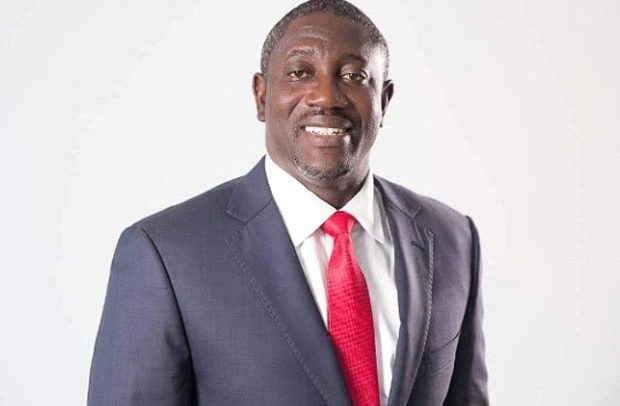

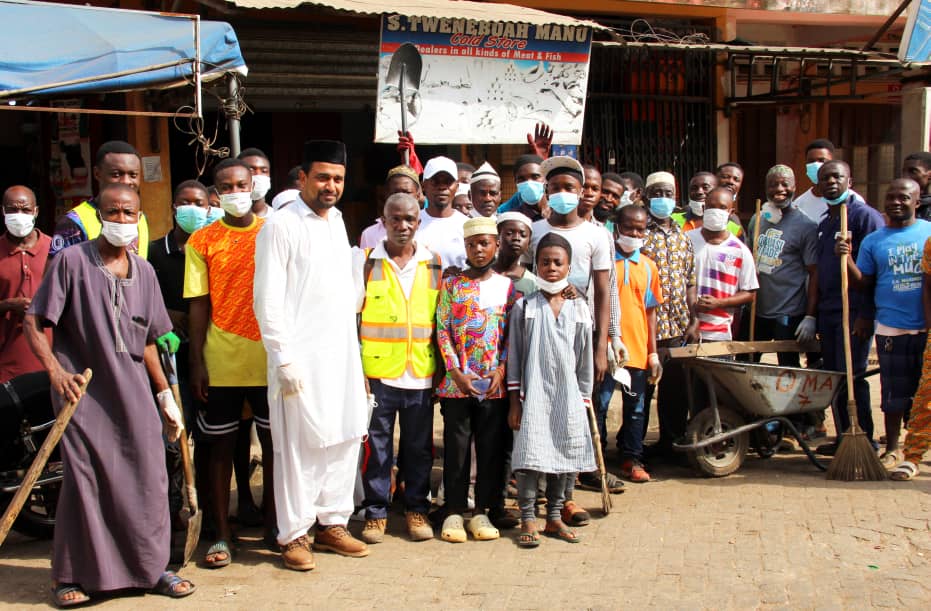

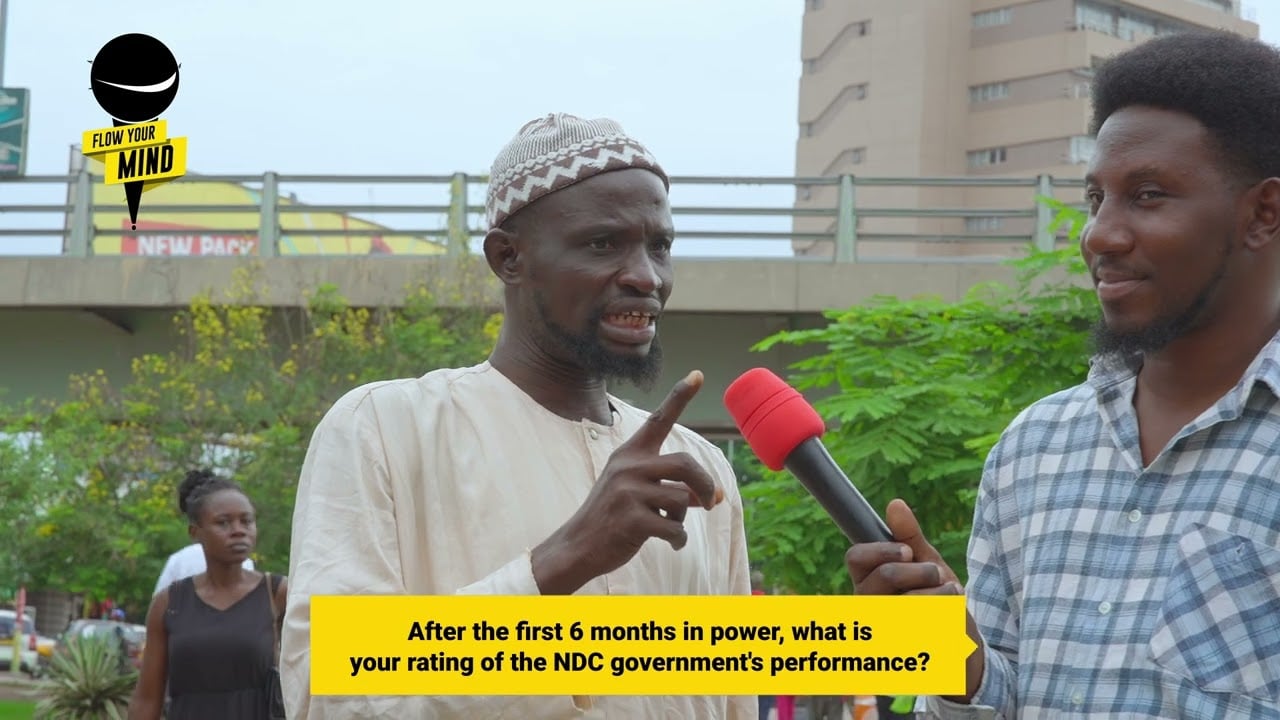



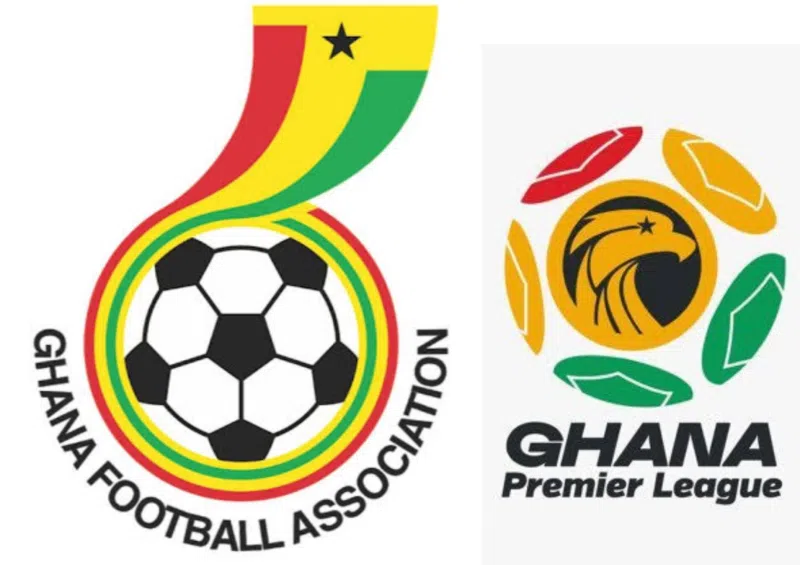


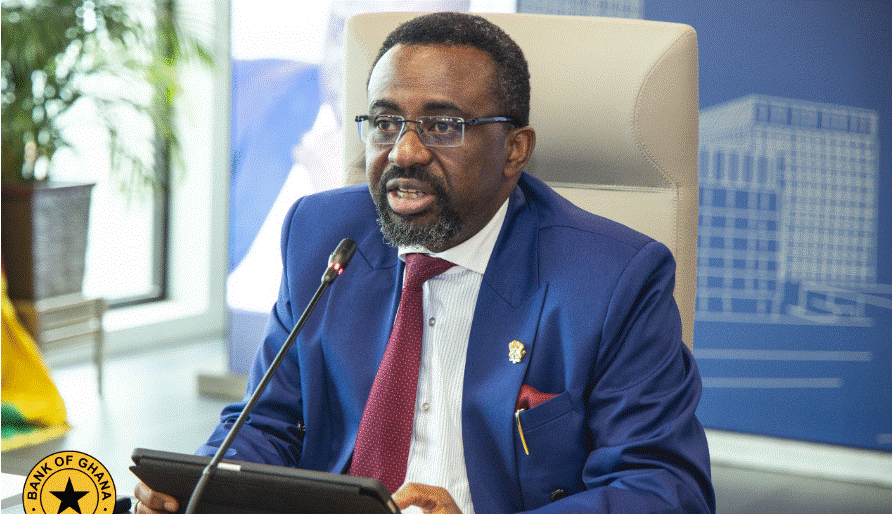
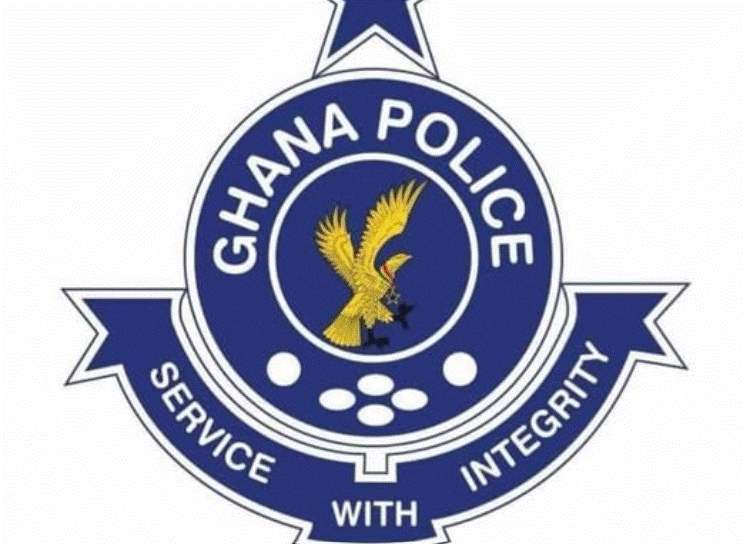




Facebook
Twitter
Pinterest
Instagram
Google+
YouTube
LinkedIn
RSS